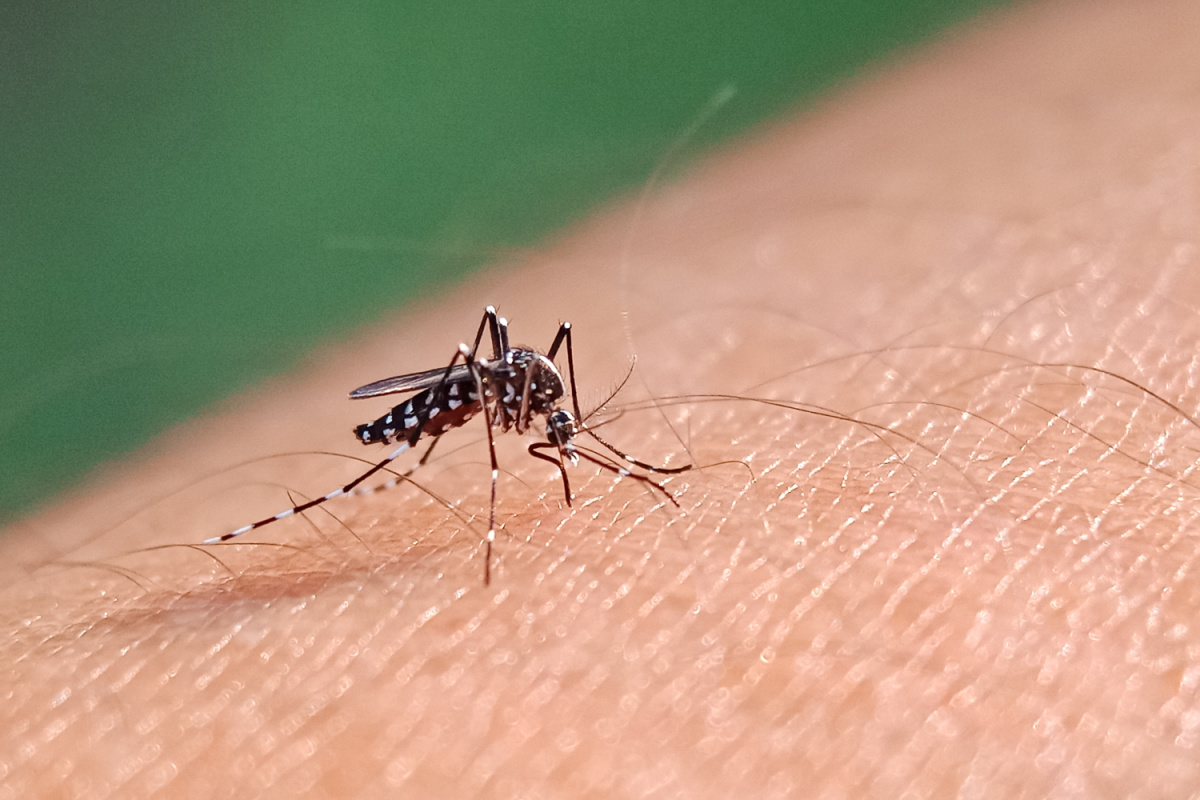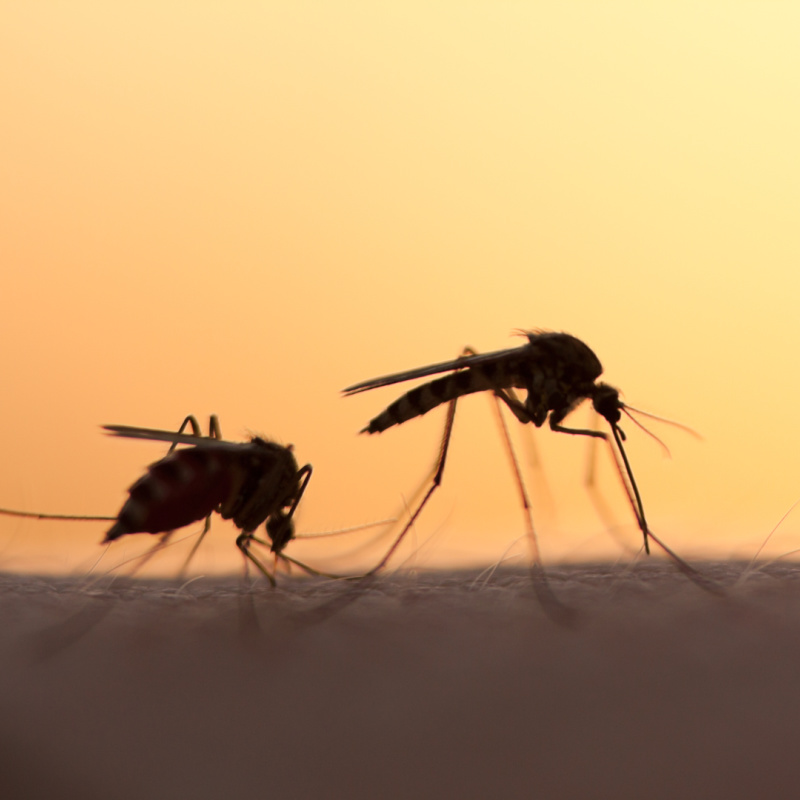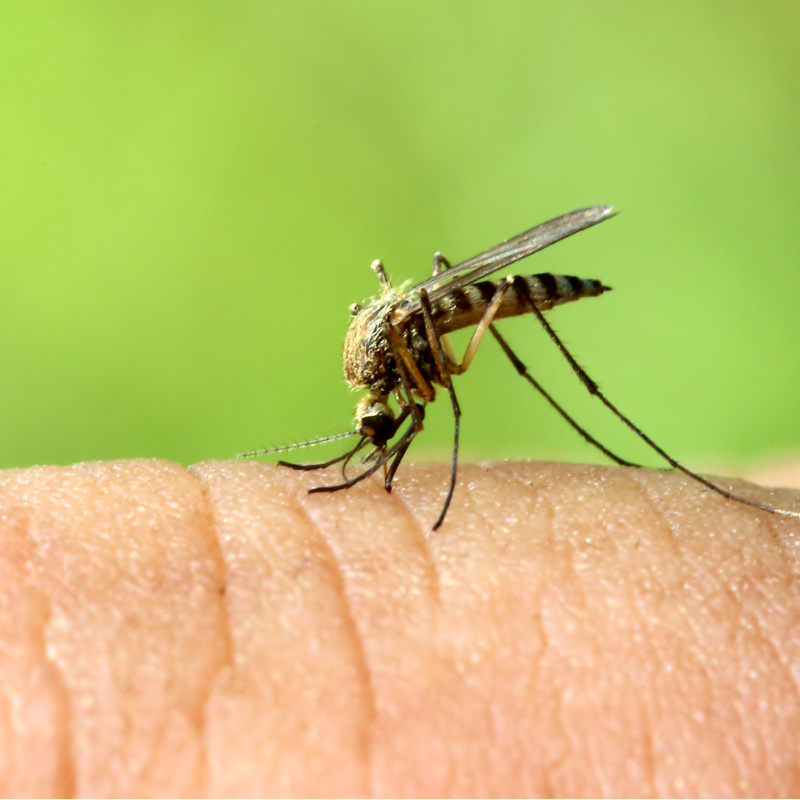As the rainy season pours down over Bali, the annual conversation about dengue fever hits headlines once again.
The Bali Provincial Government issued statements regarding dengue fever risks on the island after the Australian Government published updates.

The Head of the Bali Provincial Tourism Office, Tjok Bagus Pemayun, told reporters that tourists should not reconsider their vacation plans due to dengue fever risks.
He shared, “Australia has always been very strict about protecting its citizens. However, one thing is that Bali is Australia’s second home, and they know very well that the Bali Provincial Government has taken anticipatory measures.”
He added “Of course Australian tourists also know very well that Bali has quite complete health facilities and infrastructure. Starting from clinics to hospitals that meet international standards.”
Pemayun confirmed that he and his teams are woking with the Bali Provincial Health Office and the Ministry of Tourism regarding the issue of dengue fever during rainy season.
He explained “We and the Ministry of Tourism yesterday also had the opportunity to communicate and coordinate. Later, the center through the Ministry of Tourism will convey what it is like.”
Reported cases of tourists returning from Bali to Australia with symptoms of dengue have been on the rise in the last two weeks.
As reported by Australian news networks, a doctor from the Tropical Public Health Services in Cairns said that there were five cases of tourists testing positive for dengue after returning from trips to Bali.
A spokesperson from the Northern Territories Health Department told the media, “Travellers should protect themselves from mosquitoes when overseas in countries where dengue is present, as many of our neighboring countries are currently experiencing high levels of dengue.”
Data from the National Notifiable Diseases Surveillance System shows there have been 2,153 cases of dengue fever recorded in Australia this year, compared with 1,119 cases the previous year and 1,505 in 2019 before data was skewed by the pandemic.
Dengue fever is a mosquito-borne viral disease that affects between 100-400 million people every year. While most cases are asymptomatic, mild symptomatic cases can be a deeply unpleasant experience, and severe dengue cases can also be fatal.
Prevention is always considered better than a cure when it comes to dengue, so tourists are advised to take suitable precautions when traveling to dengue-prone regions such as Bali and many other famous vacation destinations in Southeast Asia.
Preventative measures include wearing long sleeve and full length pants, loose clothing that covers as much of the skin as possible. Using mosquito nets while sleeping, or keeping windows closed or installing mosquito window screens, as well as insect repellent, coils and vaporisers.

The World Health Organisation advice that if someone contracts dengue, they should “rest; drink plenty of liquids; use acetaminophen (paracetamol) for pain; avoid non-steroidal anti-inflammatory drugs, like ibuprofen and aspirin; and watch for severe symptoms and contact your doctor as soon as possible if you notice any.”

Advice from Smart Traveler, the Australian travel advice bureau, was updated for Indonesia on the 9th of December, 2024. The update focused on drink spiking and methanol poisoning following the tragic death of six tourists in Laos earlier this month.
Advice simply states, “Dengue is common during the rainy season. Australian health authorities have reported an increase in dengue infections in people returning from Bali in recent years. Consult your travel doctor for further information on available vaccines and their suitability for your individual circumstances.”

Tourists are urged to take out fully comprehensive travel and health insurance before traveling to Bali; this insurance should include coverage for medical emergencies such as dengue fever, accidental cover, and coverage in the event of a natural disaster.
Any policy should also cover adventure activities that are popular during trips to Bali, including ATV riding, snorkeling or diving, climbing at altitude such as hiking to the summit of Mount Batur or Mount Agung, and driving a motorcycle with the correct licenses and vehicle insurance.
Remove All Ads & Unlock All Articles… Sign up for The Bali Sun Premium

Plan Your Bali Holiday:
Book The Best English Speaking Drivers For Airport Transfers & Tours
Choose From Thousands of Bali Hotels, Resorts, and Hostels with Free Cancellation On Most Properties
Book Cheap Flights To Bali
Don’t Forget Travel Insurance That Covers Medical Expenses In Bali
For the latest Bali News & Debate Join our Facebook Community
SUBSCRIBE TO NEW POSTS
Enter your email address to subscribe to The Bali Sun’s latest breaking news, straight to your inbox.

J West
Thursday 12th of December 2024
Slather yourself all over with repellant. Wear PINK...not black. Netting a must. Dengue is no joke. Japanese Encephalitis also rising with jungle tourist trade.
Thommo
Thursday 12th of December 2024
Local community approaches to minimise Dengue outbreaks is almost non existent. When drains are left half full of stagnant rubbish and plastic garbage and form toxic black water sludge they allow breeding environment for Dengue mosquitoes. If only all residents/business's in Bali spent 15 minutes clearing the drain outside their rumahs/homes/business and stop using them as a garbage disposal system some prevention measure might occur. But that's to hard isn't it. People don't care and the men to lazy. I clean drains out around mine and my neighbours. I get a cursory smile and does it help others in the neighbourhood to notice and do something? No just let growth and rubbish fill it up not their problem it seems. Might help local flooding to but effort and care seems beyond many. So sad.